International legions – from Spain to Ukraine
Foreign volunteers fighting in another country in the name of what they consider to be a just and honorable cause is not a new phenomenon. And now this is happening in Ukraine where volunteers from diverse countries are supporting the country’s fight against Russian invaders driven by a latter-day form of Russian fascism and imperialism.
In his celebrated account of the Spanish Civil War (1936-39), Homage to Catalonia, the British writer George Orwell painted a vivid picture of the role of the so-called international brigades who supported the Republican cause against General Francisco Franco’s “Nationalist” forces, whom they viewed as fascists.
Almost a century later, the example of the Spanish “International brigades,” whose reputation and efficacy was ultimately undermined by the efforts of Stalinist communists backed by Moscow to subdue them, is being replicated by another international legion. Only this time, ironically, it’s fighters who see themselves as part of a crusade in against the direct successor of the Soviet Union, namely, post-Soviet Russia, which in seeking to restore its imperialistic great power status has invaded Ukraine and is threatening the free world.
Russia launched its all-out attack on Ukraine on Feb. 24. Three days later, the International Legion of Territorial Defense of Ukraine was formed at the initiative of President Volodymyr Zelensky based on the example of several Ukrainian volunteer battalions that had been formed in 2014 to fight Russian occupiers in the country’s east.
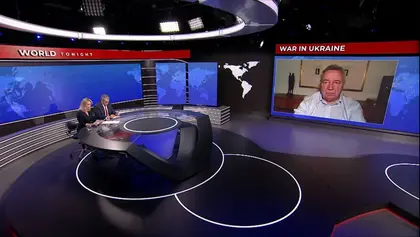
Israel's Allies Accused of Double Standards: Bohdan Nahaylo
The main requirement for applicants to the legion is combat experience. Candidates who meet all the selection criteria get the green light after thorough checkups and training.
And indeed, many foreigners answered the call, expressing their outrage with Russia’s actions, voicing their support for Ukraine’s independence and sovereignty, and recognizing that peace on the European continent was threatened by Russia’s invasion.
“In the first days of the war, it felt horrible to watch the war crimes of Russian troops,” International Legion spokesperson, Damien Magrou, 33, of France, said back on March 21, approximately one month after the war had started, according to the liga.net website.
“And when President Zelensky turned to foreigners, we saw it was our chance to help and contribute to Ukraine’s victory,” he added.
Combatant or mercenary?
The International Legion is a component of the Ukrainian Armed Forces (UAF); therefore, all the expenses of accommodations, salaries, weapons and ammunition are covered by the UAF.
Additionally, the Legion receives money from private donors and spends it exclusively on additional equipment. Its members receive the same salaries as all other UAF personnel, so they cannot be termed “mercenaries,” unlike the Wagner Group, a Russian private military company.
The distinction between combatant and mercenary is potentially quite important as, under the Geneva Conventions, which do not prohibit “mercenarism” as such, mercenaries are not recognized as legitimate combatants and do not have to be granted the same legal protections as captured service personnel of the armed forces, also known as prisoners of war, or POWs.
According to a March 8 article on the ejiltalk.org website, Russia’s Defense Ministry announced on March 3 that none of the mercenaries detained by Russia, which the West sends to Ukraine, can be considered as combatants in accordance with international humanitarian law, or enjoy POW status. Russia, therefore, threatened to have them prosecuted as criminals for any subversive acts against the Russian army.
Indeed, separatist pro-Russian authorities have recently handed down death sentences to two Britons and a Moroccan who have been fighting for Ukraine and have appealed the verdicts.
But in the first month following the Legion’s formation, around 40,000 foreign nationals volunteered to fight shoulder-to-shoulder with Ukrainians.
The legion presently includes fighters from 55 countries. The U.S, UK, Poland, the Baltic States, Canada, Norway, Finland and Denmark have the largest representations within the Legion, with several thousand veterans having volunteered to join from the U.S. alone.
The Canadian brigade consists of three battalions of Canadian and British fighters. All-in-all, there are more than 3,000 British volunteers in the Legion, many of whom fought in Afghanistan and Iraq. There are also U.S. and UK special forces veterans.
Some battalions consist of citizens from almost all European countries, together with citizens from Brazil, China, South Africa, Japan, Ecuador, New Zealand, Mexico, India, South Korea, Argentina, Australia, Israel, and others.
Many Belarusians – whose country, Belarus, suffering under the dictatorship of Aleksandr Lukashenko, forms a supranational Union State with Russia, and whose ruler has been offering Russia close military cooperation its war against Ukraine – connect their country’s future to Ukraine’s victory.
There are several Belarusian units in the Legion fighting against the Russian army: the Kostus Kalinovsky battalion, the White Legion, the Belarusian company in the Azov regiment, and the Pahonia regiment.
Currently, more than 1,000 Belarusian volunteers are waiting in Warsaw to be enlisted in the regiment, which was started by Vadzim Prakofiev, a Belarusian businessman and, since 2020, an active opponent of the regime of Lukashenko.
Russian citizens have also been joining the International Legion. Those who pass thorough checks, lie-detector interviews and military training are enlisted in the Russia Freedom Legion, which numbers more than 1,000 volunteers and former prisoners of war. Their main ideology is “to free Russia from Putin,” which they believe is shared by an increasing number of Russians.
Undeterred
Sandra Andersen Eira, 35, a former member of the Norwegian parliament, was among the first to join the International Legion
“I’m convinced this war doesn’t only concern Ukraine. We all feel that we must be here. If we don’t stop them in Ukraine, then where will we stop them,” Andersen Eira is quoted by BBC News Ukraine as saying in an April 29 report.
“When I went to Ukraine to fight, none of my relatives knew, except my brother and sister,” she added.
“My family knew that I was here when a video with me appeared on the networks. But no one was surprised. No one was shocked. They felt that I would go to Ukraine when the war started.”
According to the commander of the Georgian national battalion within the Legion, Mamuka Mamumulashvili, “To us Georgians, this [fighting for Ukraine] is a matter of principle, because Ukraine is the only country that supported Georgia during the Russian aggression in the 1990s.”
In an April 29 report by TRT, Mamumushvili added, “It [Ukraine] sent volunteers and helped evacuate civilians from the occupied areas. Our friendship is rooted in centuries of history.”
The Legion’s Crimean battalion consists exclusively of Muslims. Its Chechen members have been fighting for Ukraine for eight years.
They understand all too well the suffering of Ukrainians since their nation has been at war with Russia for more than four centuries. And they feel it is their duty to take revenge and regain independence for Ichkeria.
The Chechens also say they are grateful to the Ukrainians who helped them in both Chechen wars [in the 1990s].
“We have fellow-fighters from Azerbaijan, Tatarstan, Uzbekistan and others. We all understand that if this evil is not stopped now, it will not stop in Ukraine. Today, Ukraine is defending Europe’s borders,” Kazbek Kurazov, commander of the “Bozhevilna Zraya” squad, is quoted as saying in a May 5 BBC News report.
Disillusionment creeps in
But months later, the war’s relentlessly grinding battles have increasingly taken a psychological toll on many of the Legion’s fighters.
Agence France-Presse (AFP) reported on June 26 that foreign fighters who’ve joined Ukrainian forces battling Russia’s invasion “have been shocked by the brutality of the war, and some say that disillusionment is creeping in.”
One volunteer, whom the AFP identified only by his nom de guerre of “Polak,” commented that some Western volunteers, who’d already fought in Afghanistan or Iraq, say they aren’t ready for what they face in Ukraine, and simply go home after the first fighting exchanges.
“Polak” went so far as to call them “cowards,” adding that there are quite a few of them serving in the Legion.
But they have not been trained to fight in a war involving artillery attack, AFP added in its report.
In early June, Russia reported its forces had killed “hundreds” of foreign combatants in Ukraine since the start of its invasion, a situation which looks to have starkly reduced the flow of arrivals.
Legion spokesperson Magrou conceded that many of the fighters, often hailing from NATO member states, are taken aback by the brutality of the combat theatre.
“An American who has been through six wars told me it was the worst he had seen,” AFP quotes Magrou as saying.
“Missiles, bombardments: on the ground it’s very different to what they might have expected.”
Margou added that as a result, between 10 and 30 percent of recruits head back to civilian life having barely arrived on the battlefield, despite experience in weapons handling being a prerequisite.
“Almost all participants are former soldiers, a third of them coming from an English-speaking country,” said Margou, with English indeed being the language of communication.
The remainder come from a variety of states – mainly in central or eastern Europe – and are in Ukraine for varied reasons.
“The Americans are fighting for freedom and Western values, whereas the Poles say they want to defend Ukraine in that that is also defending their country,” Magrou said.
You can also highlight the text and press Ctrl + Enter


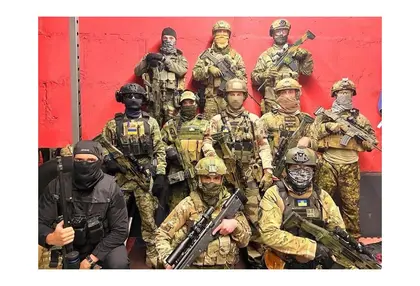
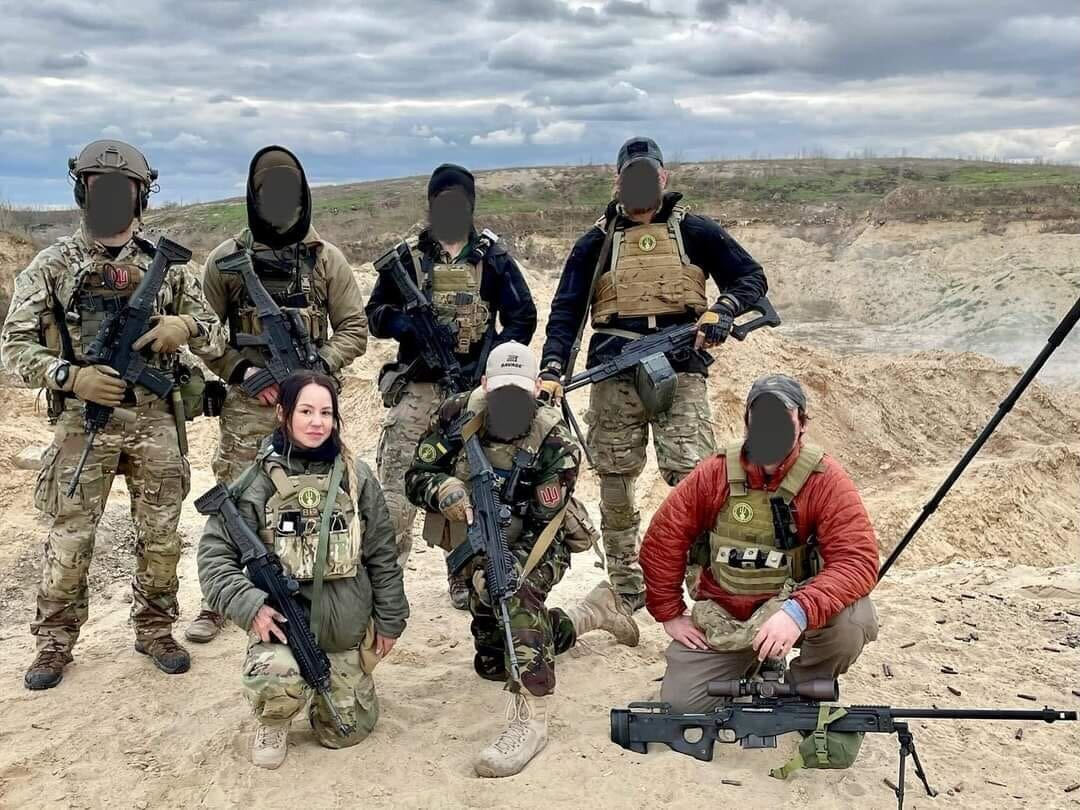
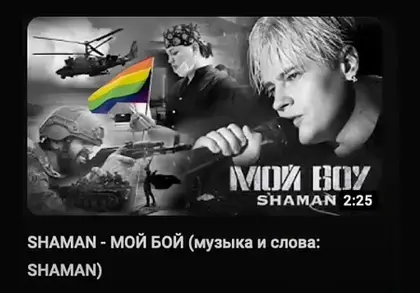
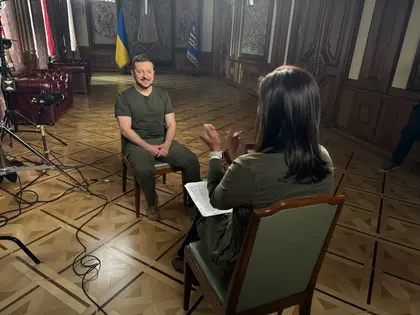
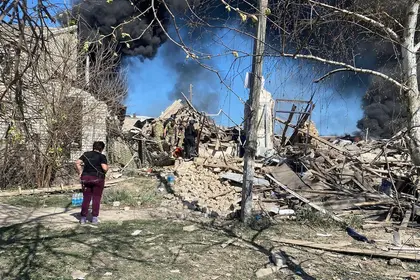
Comments (0)